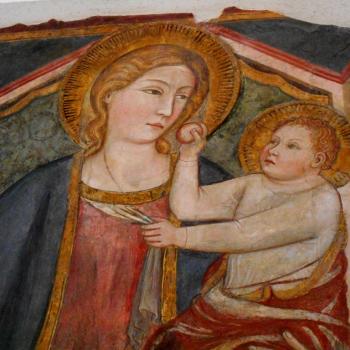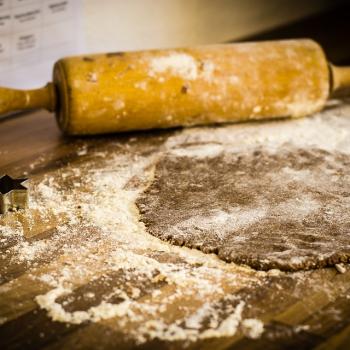If you don’t follow the poetry world, you may have missed the recent kerfuffle at The Nation in which a poem “How-To” by Anders Carlson-Wee sparked so much outrage it resulted in the quite rare move of the poetry editors, Stephanie Burt and Carmen Giménez Smith, apologized for ever having published it in the first place. The poem tries to examine the ways in which marginalized members of society are forced to perform their “otherness.” The problem, and the source of the outrage, was the attempted representations of vernacular. Lines like “they know you is” and “who they believe they is” which sound more like an old Don Rickles routine than an actual engagement with different vernaculars of English. To my ears, as a scholar of lyric and a devoted lifelong reader of poetry, the poet overplayed his hand and created a way of speaking that is meant to invoke a community of which he is not a part. Had the editors responded “we see what you’re doing, but this language undermines what you’re trying to do” this all could have been avoided.
Predictably in our current polarized climate this story has blown up with all the usual social media accusations of “PC Police Snowflakes” limiting free expression with even some artists, including the former Poetry Editor of The Nation Grace Schulman, claiming that to apologize for the poem (or any poem or article) is a massive mistake which undermines press freedom and open discourse. Others in the poetry community feel strongly that publishing racist depictions or caricatures is destructive and a magazine undermines its trust with its readers in publishing such a poem.
I keep coming back to that old issue of discernment, important to Catholics and readers alike. That moment when the poet wrote this poem and editors approved of it enough to publish it they revealed a lot about their taste, their perceptions of the community work of poetry, and their beliefs on how language activates itself in the minds of a diverse readership.
Poets speak in voices that are not their own all the time, but when a poet engages in the creation of a character, they cannot, in good conscience, narrate pain that racial divisions in society have protected them from feeling. Anders Carlson-Wee’s work is not usually written in such a way. Consider this quite good poem. A voice, a character, a narrative but no lazily-constructed faux-vernacular.
I have seen a lot of conservatives, especially, bring this poem up as a free speech issue. It is not. No one is going to throw Carlson-Wee in jail over a poem. We know, as writers and readers, that when we throw our voice out into the world we face consequences and reactions as our words enter the lives of other people. Carlson-Wee, The Nation, and The Nation’s Poetry Editors are all in the middle of confronting the difference between their taste and the feelings of their readers. That is the essence of free speech and it should be applauded.
Yet, there is a wider lesson here. About voices. The voices we carry and the voices we hear. Voices are forged through experience, education, trauma, imitation, hope, and despair. Our voices carry with us through our lives and though we may be excited by voices that are not our own, our duty is to listen not to ventriloquize. To learn rather than exploit. To amplify rather than imitate.












